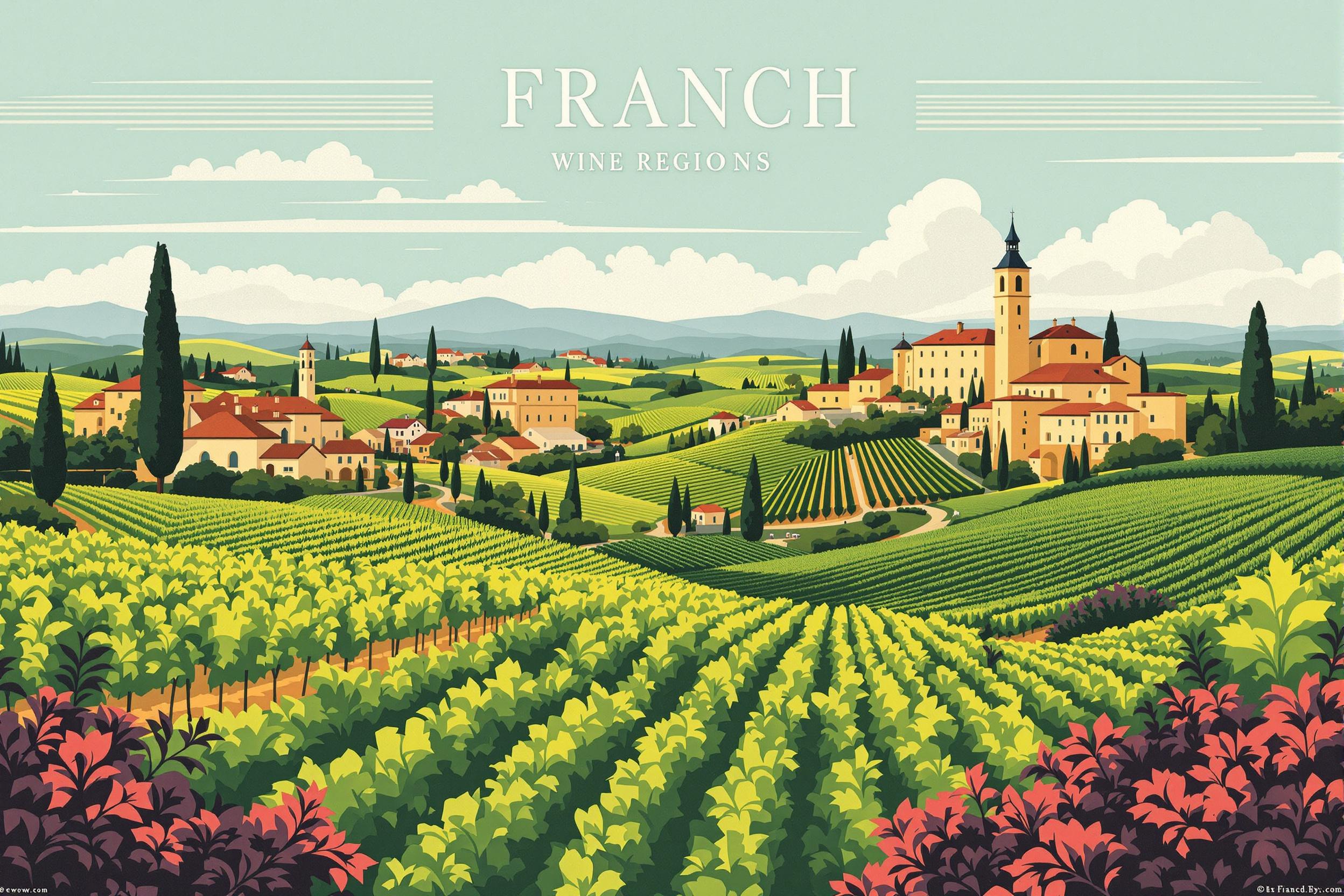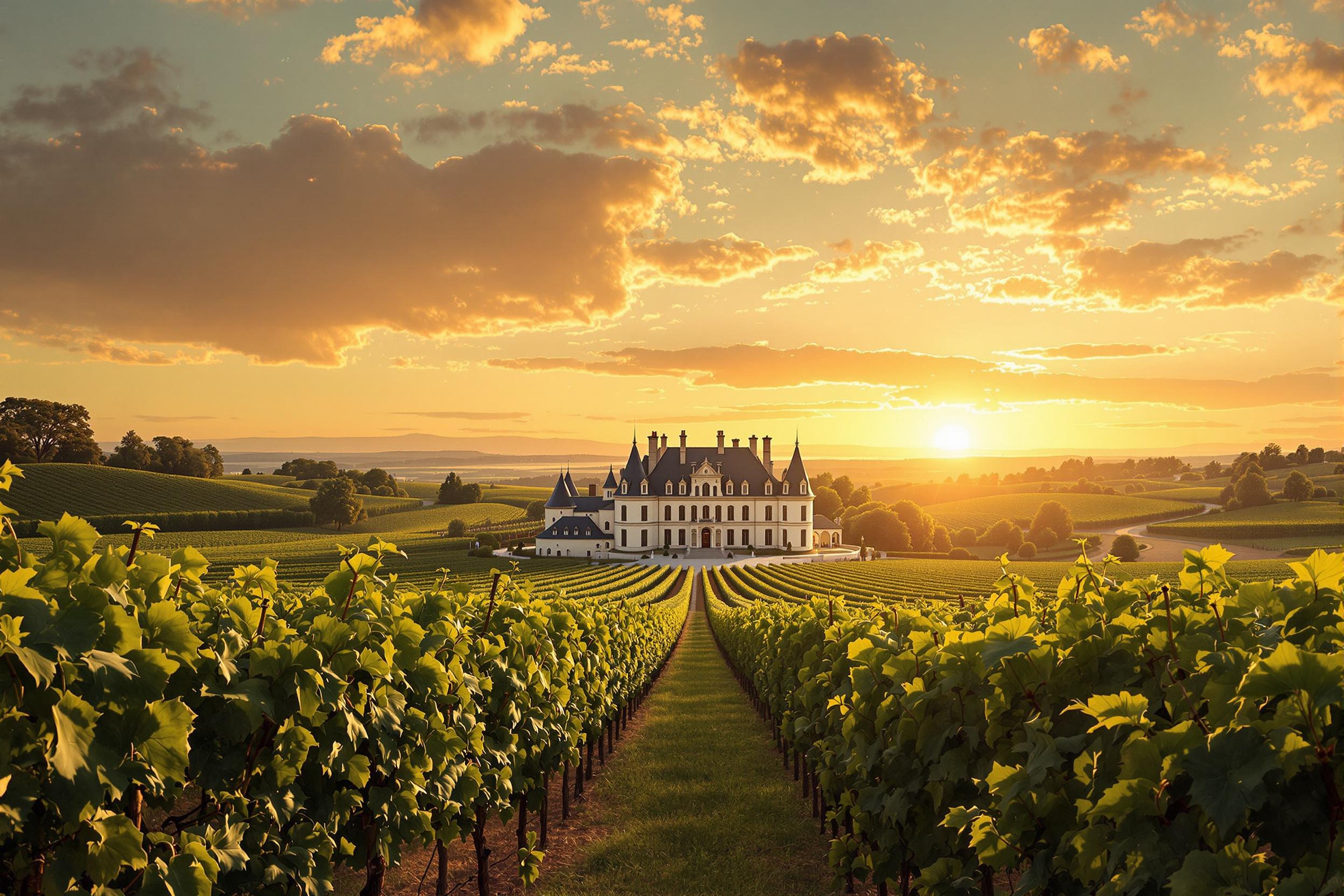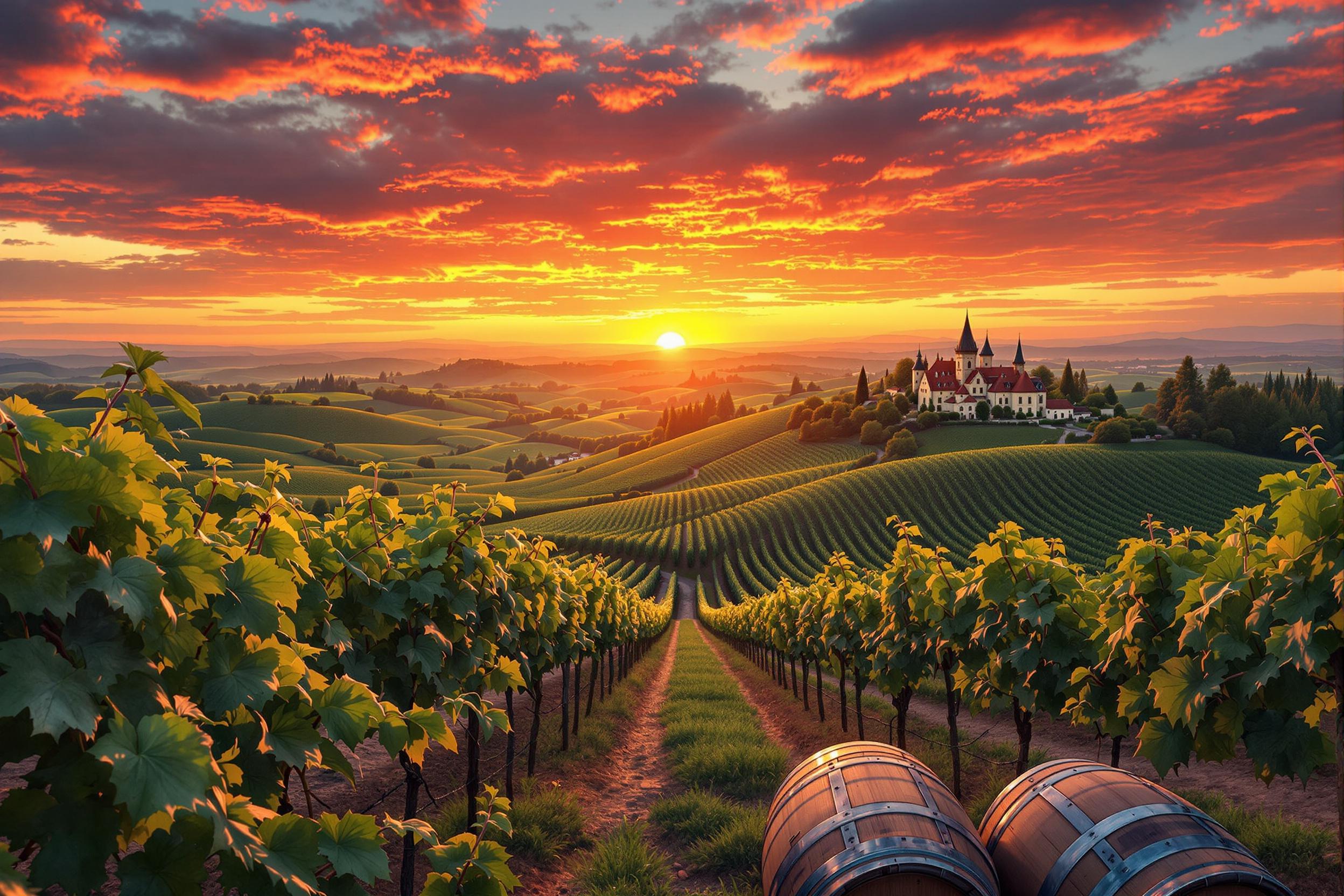Discovering French Wine Tourism’s Essence
French wine’s legacy intertwines with French identity, dating back to Roman times. Centuries of tradition shaped distinct regional narratives and practices. Bordeaux, coveted by royalty during the medieval period, rose to prominence. Sun-drenched Provence, influenced by Greek and Roman settlers, boasts even older roots. Champagne’s sparkling wines, though a later arrival, quickly gained global acclaim, synonymous with celebration. Today’s wine tourism offers a glimpse into this living history—vineyards and cellars whisper tales of generations past. Exploring these roots cultivates deeper appreciation for the craftsmanship and dedication inherent in French winemaking.
Terroir, central to French oenology, reflects centuries of observation and refinement. Winegrowers meticulously studied soil, climate, and grape varietals, recognizing their contribution to each region’s unique wine character. This historical awareness forms the cornerstone of French wine tourism, inviting exploration of nuanced differences between appellations and vineyards. Guided tours often emphasize this context, connecting visitors to generations of winemakers. Understanding this historical depth transforms wine tasting into a journey through time and tradition.
Cultural Significance of Wine in France
In France, wine transcends mere beverage; it’s integral to culture—woven into daily life, gastronomy, and social rituals. Meals often feel incomplete without carefully selected wine pairings. Wine isn’t just consumed; it’s discussed, appreciated, celebrated as art. Wine tourism extends this appreciation, inviting participation through workshops and guided tastings that reveal cultural nuances. Understanding this significance offers insight into the French way of life—a deeper connection to the nation’s soul.
Festivals and events dedicated to wine abound, emphasizing its cultural importance. These celebrations, often steeped in local tradition, offer vibrant tourism opportunities. Witness firsthand the communal joy of wine culture through harvest festivals, wine fairs, and village celebrations. The appellation system, protecting and promoting unique terroir characteristics, reflects this cultural emphasis on quality and regionality. This system ensures authenticity—a powerful draw for enthusiasts seeking genuine, distinctive experiences.
Evolving Trends in Wine Tourism
Sustainable Practices in Vineyards
Sustainability concerns permeate every industry, including wine tourism. French wine regions demonstrate growing commitment to eco-friendly practices. Winegrowers increasingly embrace organic and biodynamic farming, minimizing chemical intervention and promoting biodiversity. These practices benefit not only the environment but also appeal to eco-conscious tourists. Vineyards often showcase these efforts through tours emphasizing environmental stewardship—a trend aligning with global shifts towards responsible travel and consumption.
Sustainable wine tourism encompasses more than vineyard practices. It extends to energy-efficient cellars, waste reduction, and responsible water management. Many wineries invest in renewable energy, implement recycling systems, and adopt eco-friendly packaging. These initiatives are woven into the tourism narrative, attracting visitors who value sustainability. Cellar tours often explain these practices, educating tourists about the industry’s environmental footprint. This focus attracts a broader audience, particularly younger generations prioritizing environmental responsibility.
Technology Enhancing Wine Tourism Experiences
Technology rapidly transforms wine tourism, creating innovative, engaging visitor experiences. Virtual tastings, guided by experts, allow remote participation. Augmented reality enhances vineyard and cellar visits, providing interactive information on grape varietals, terroir, and winemaking. These advancements broaden access, catering to tech-savvy travelers.
Digital platforms and mobile apps streamline planning and booking. Online platforms offer comprehensive information about regions, vineyards, and cellar tours, simplifying itinerary creation. Interactive maps, virtual tours, and online booking enhance convenience and accessibility. Social media plays a crucial role in promotion, connecting vineyards and regions with potential visitors via platforms like Instagram and Facebook. This digital transformation makes French wine tourism more globally accessible and appealing.
The Rise of Emerging Wine Tourism Markets
While Bordeaux, Provence, and Champagne remain iconic, emerging regions are gaining recognition. The Loire Valley, Burgundy, and Alsace offer distinct wines and unique tourism experiences. The Loire Valley, with its diverse white wines and picturesque chateaux, provides a compelling alternative. Burgundy, famed for Pinot Noir and Chardonnay, attracts terroir-driven connoisseurs. Alsace, with Germanic influences and aromatic whites, offers a culturally rich, gastronomically diverse experience.
These emerging markets often provide more intimate, less crowded experiences than major regions. Visitors discover smaller, family-run vineyards, engaging directly with winegrowers. More affordable accommodation and tasting options broaden accessibility across budgets. This diversification enhances the sector’s overall appeal and resilience, offering travelers a wider spectrum of experiences.



